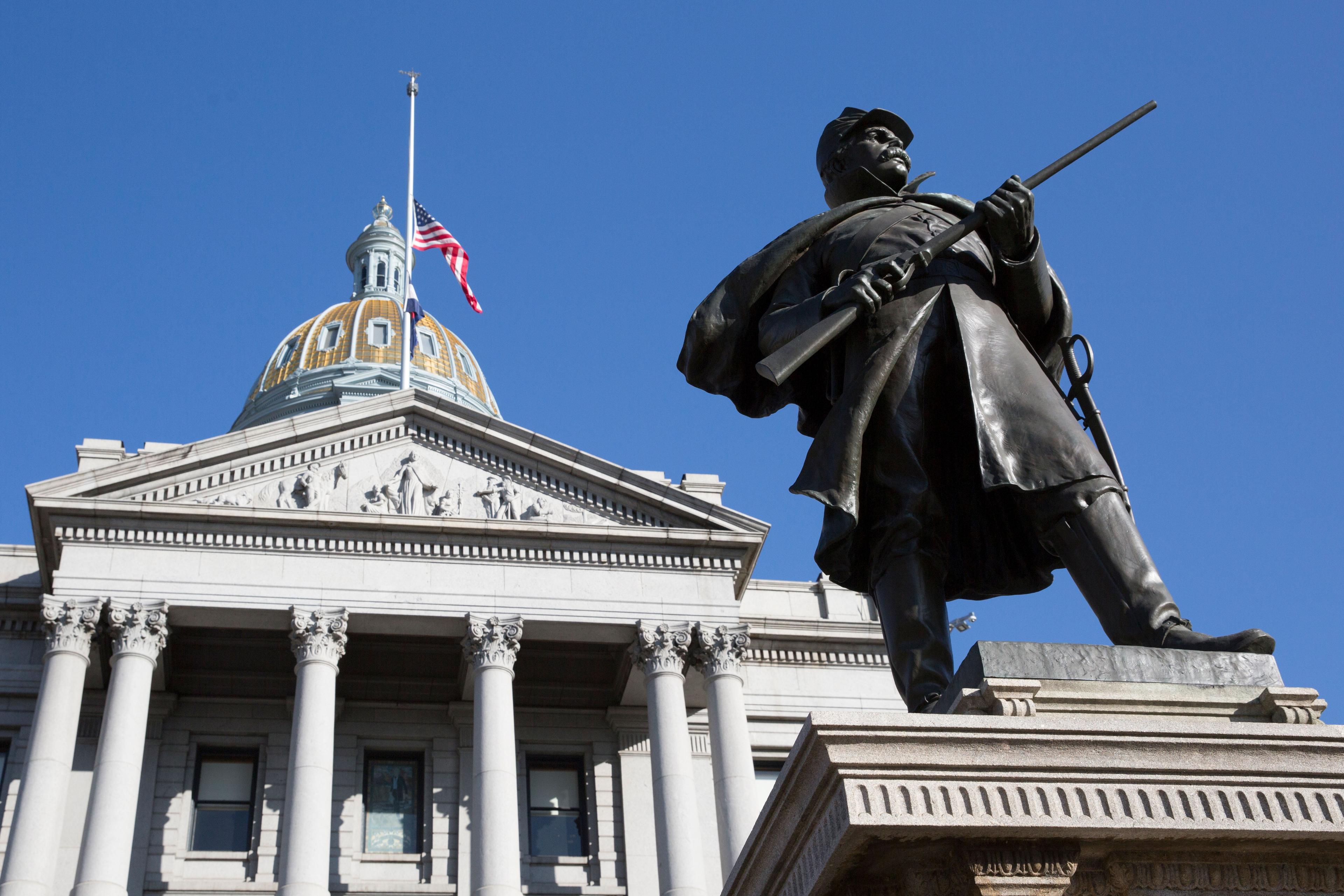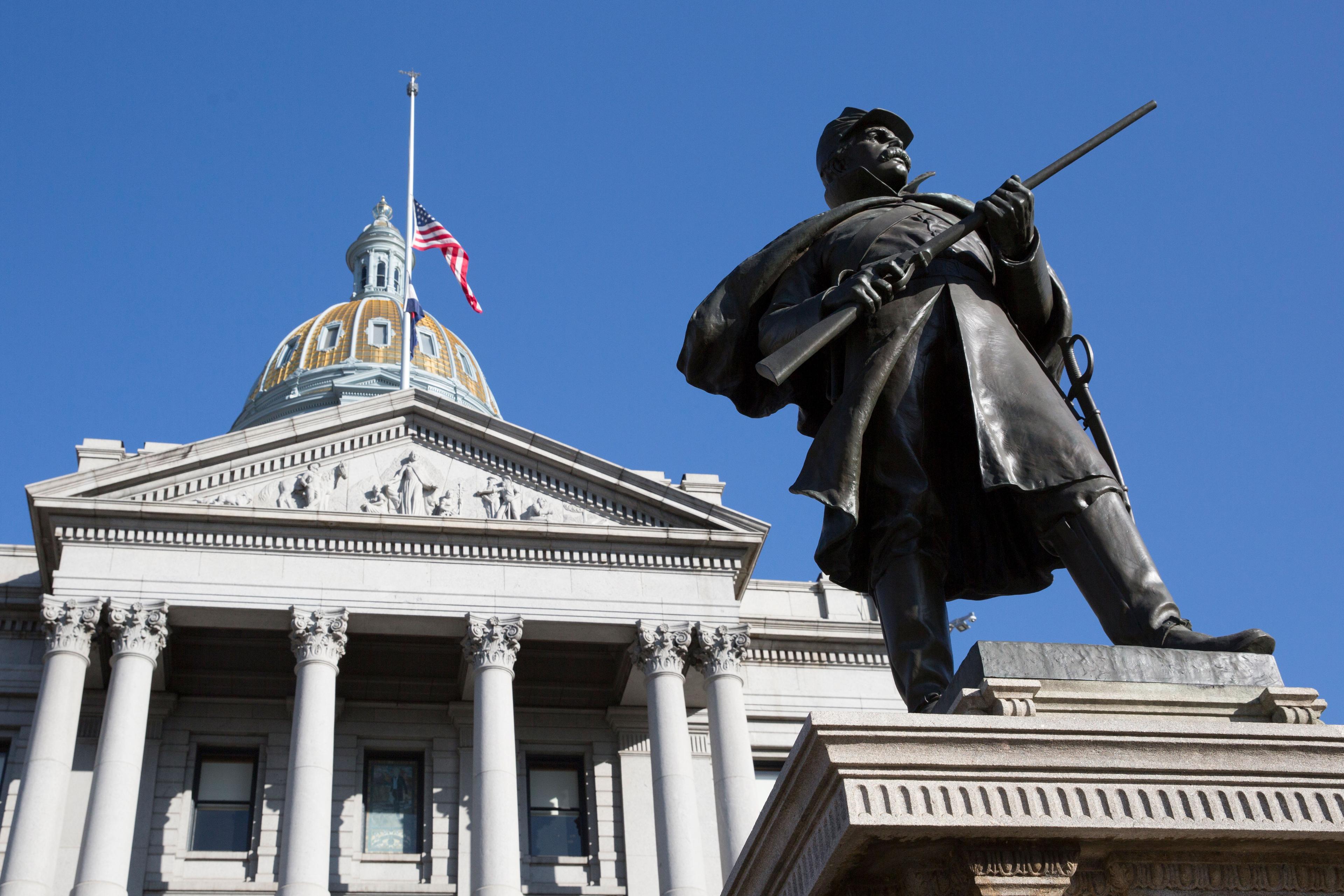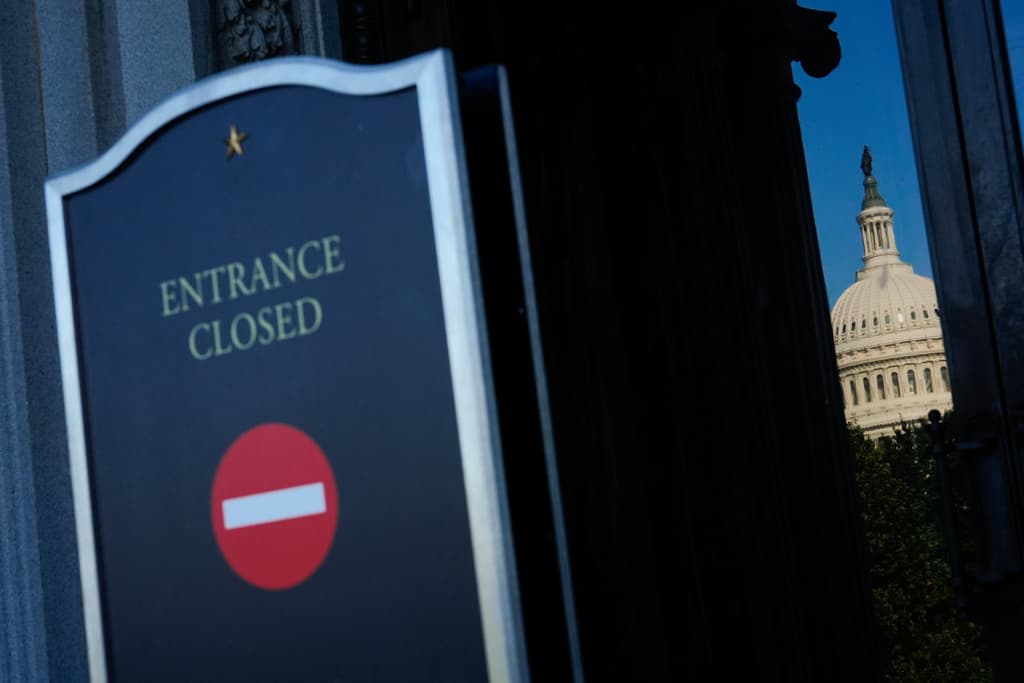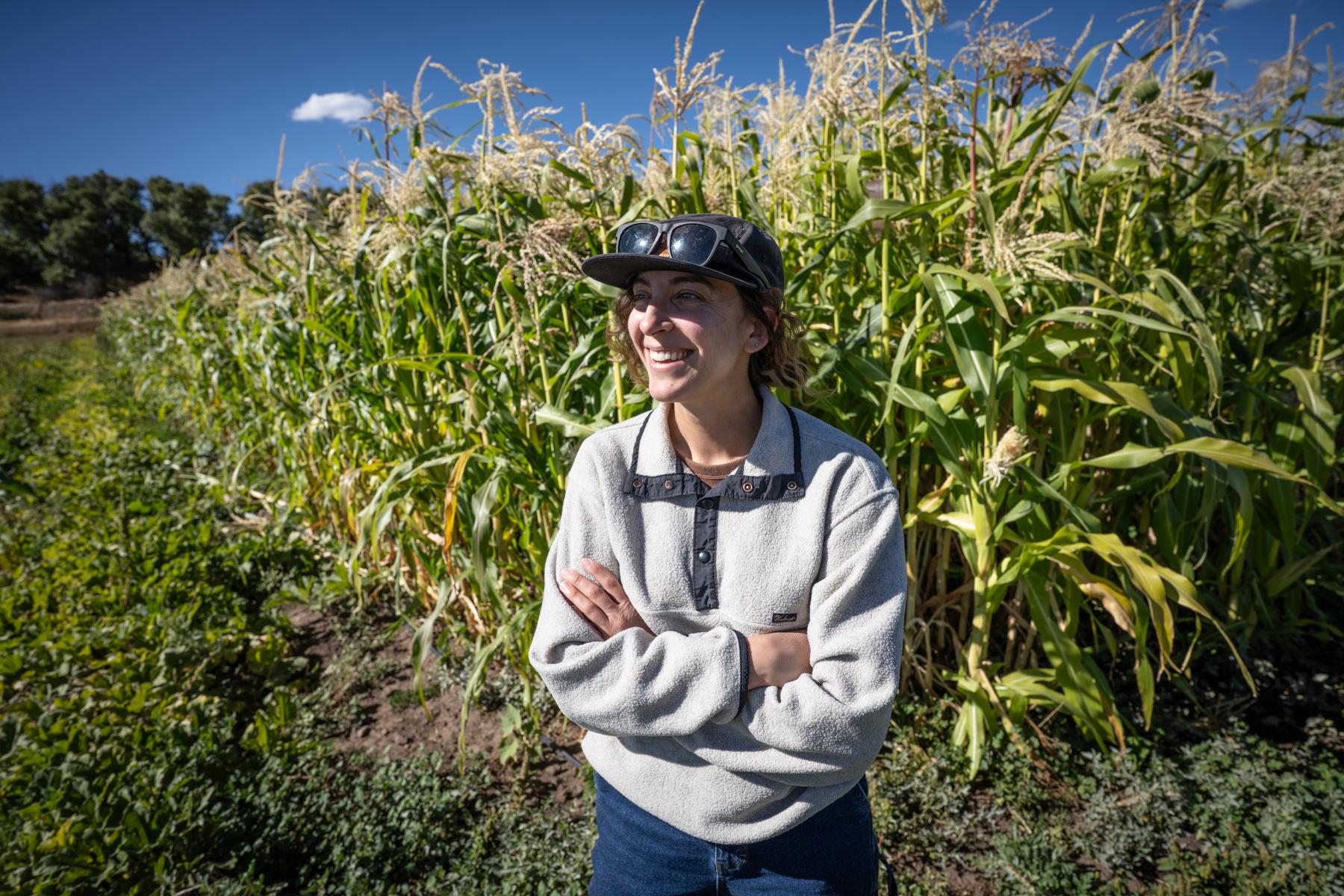

A bill that aimed to improve state vaccination rates by creating a standardized form that parents would have to submit in person to a local or state health department has run out of time in the waning moments of Colorado's 2019 legislative session.
Lawmakers will finish their work on May 3. Democratic Senate Majority Leader Steve Fenberg on Thursday delayed debate on HB 19-1312 until the final day of the legislature — an effective end to its chances.
“We are very disappointed in the last-minute actions of the Senate and their unwillingness to addressing an urgent public health concern in our state,” said Stephanie Wasserman, the executive director of the Colorado Children’s Immunization Coalition. “Legislators have put politics over the health and safety of our children.”
The bill cleared the House with no GOP support and only one Democratic vote against. Sen. Majority Leader Fenberg said the measure would get a fair hearing.
“It’s obviously a national issue at the moment, it’s not like this is just some pet project of one legislator,” Fenberg said.
On Wednesday, hundreds of parents and children came to the Capitol to testify against the bill. Many of them complained that the time allocated for public testimony was limited.
A major hurdle for the bill was that Gov. Jared Polis warned he would not sign it in its current form. Fenberg said Wednesday that Polis’ position would not influence the ultimate decision whether to move the bill through the Senate.
“It doesn’t mean we don’t consider a threat of a veto, but it doesn’t mean we just throw a bill in the trash. That would give an immense amount of power to a governor to just say ‘Oh, I’m going to veto that one and then it disappears.’”
CDC figures show that while most Coloradans do vaccinate their children, less than 89 percent of kindergarten-aged children have been vaccinated for measles mumps and rubella. The national average for MMR is about 94 percent and Colorado has the lowest kindergarten vaccination rate in the nation.
Sean O’Leary, a pediatric infectious disease specialist at Children’s Hospital Colorado, was disappointed that the “legislature ended up putting politics ahead of children’s health. Rep. Mullica showed a lot of courage taking this bill as far as he did.”
Democratic bill sponsor Rep. Kyle Mullica had expected the measure to pass the Senate as he said it had enough votes to reach the governor’s desk.
“It’s sad that we couldn’t cross the finish line,” he said. “Cause I think a lot of work went into this and we were all in the right place on this. The House put a lot of work and a countless number of hours into the hearings to really try to hear both sides and make the best policy.”
Meanwhile, opponents of the measure who feel that vaccines are harmful and ineffective saw the bill as an overreach. The first public hearing on the vaccine bill was by far the longest hearing of the session, lasting until 4:00 a.m.
“What this bill does is it is trying to make the decision making process out of the hands or parents and doctors and into the hands of the state,” said Phil Silberman, the president of the Colorado Health Choice Alliance Board. “I find that really problematic.”
A spokesperson for Gov. Polis said he appreciates the work of the bill’s sponsors and that, “Improving the immunization rate is a top priority of our administration and through the Department of Public Health and Environment we will continue to identify best strategies.”








